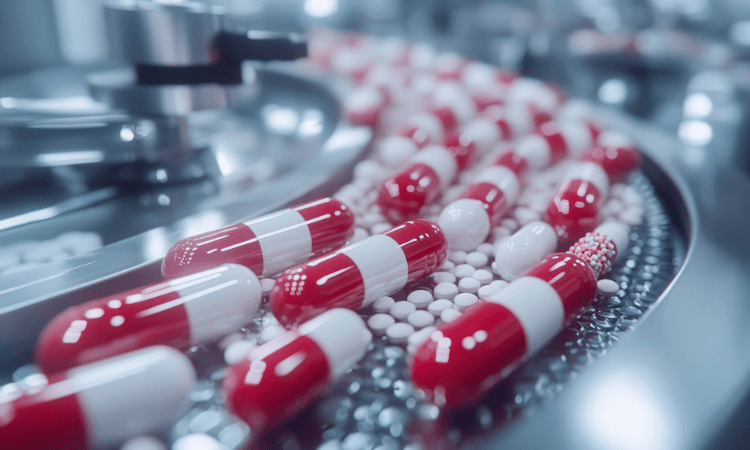
BLOG
KATEGORİDEKİ DİĞER YAZILAR

The drug development process consists of long and detailed phases, from scientific research to clinical trials. During this process, the safety, efficacy and quality of medicines must be rigorously evaluated. Good Laboratory Practice (GLP) is an international quality system used to ensure the reliability and accuracy of laboratory tests.
So, what is GLP, what role does it play in the drug development process and why is it so important for risk management? Here are the details!
Good Laboratory Practices (GLP) is a quality management system that ensures that laboratory tests performed in the pharmaceutical, biotechnology and chemical industries are reliable, reproducible and in accordance with international standards.
GLP is a standard accepted by regulatory authorities such as the OECD, FDA and the European Medicines Agency (EMA) and plays a critical role in the drug development process.
GLP-compliant testing minimizes errors and helps drug development proceed safely and effectively
The main tests performed in the drug development process within the framework of GLP are as follows:
1. Toxicology Tests
2. Pharmacokinetic and Pharmacodynamic Tests
3. Genotoxicity and Carcinogenicity Tests
4. Stability Tests
5. Microbiological and Sterility Tests
Risk management is one of the most important stages of the drug development process. GLP makes the process safer and more predictable by minimizing errors and maintaining data integrity.
GLP's contributions to risk management are as follows:
✔ Reduces error rates through standardized processes.
✔ Reduces potential health risks by predicting toxicity and side effect profiles of medicines.
✔ Increases the success of clinical trials by improving the reliability of preclinical tests.
It accelerates the drug development process by facilitating the approval processes of regulatory authorities.
Laboratory management and quality control are of great importance in GLP applications. In this context:
Through these processes, tests performed in GLP laboratories comply with internationally recognized standards.
GLP plays a critical role in the drug development process in terms of test reliability, data accuracy and patient safety. Conducting laboratory tests in accordance with standardized procedures helps to prove that drugs are safe and effective.
With GLP-compliant laboratory services, we offer professional solutions to minimize risks in the drug development process and gain approval from regulatory authorities!
Contact us to learn more and benefit from our laboratory services!
Contact us for more information.
You can follow us on LinkedIn for up-to-date news and posts about our services.
Follow our Instagram account to be informed about our latest blog posts.